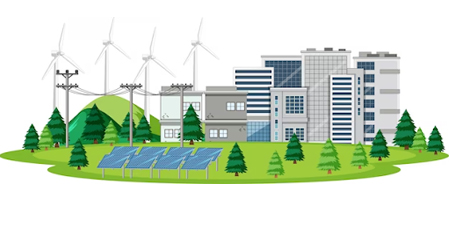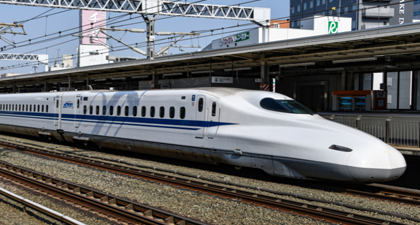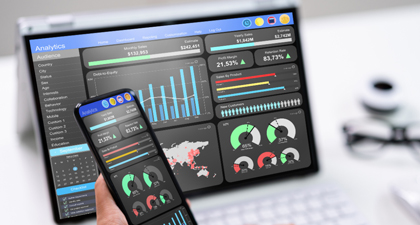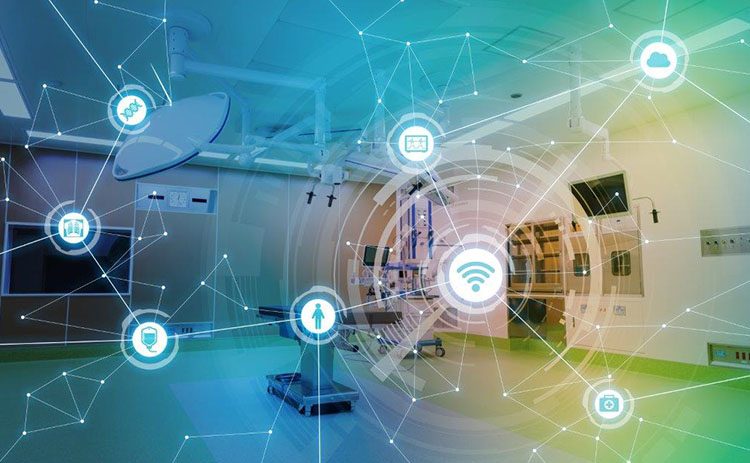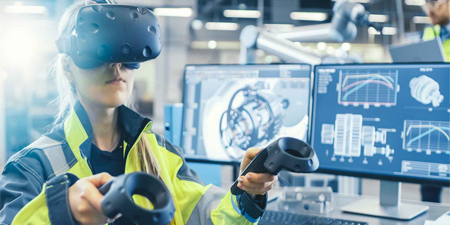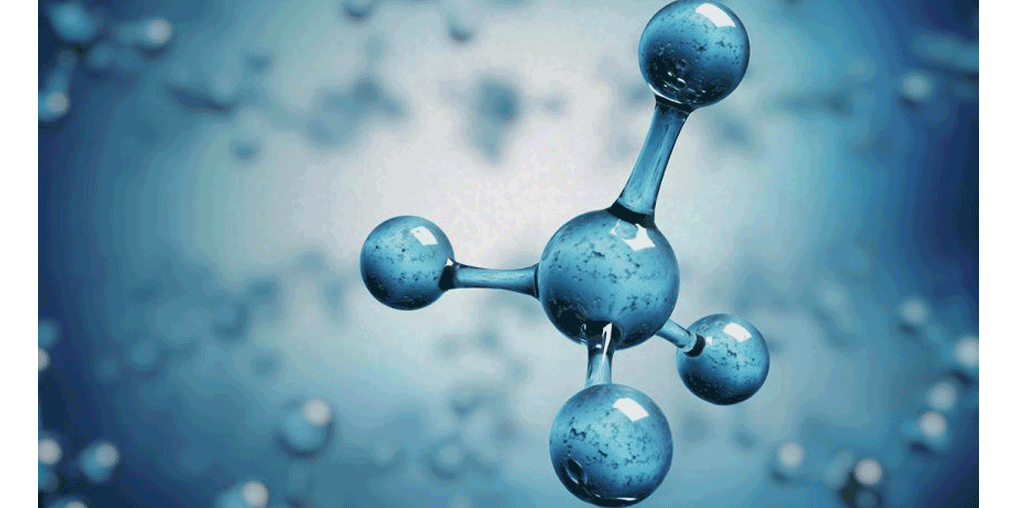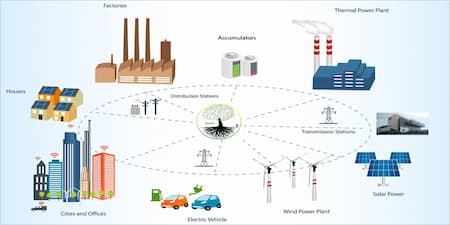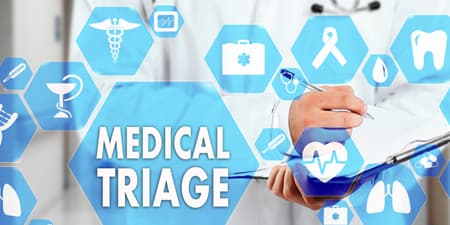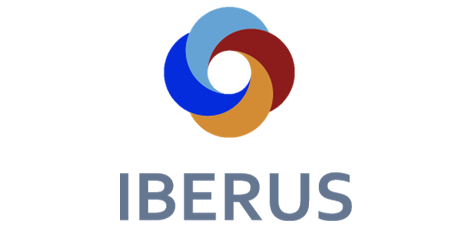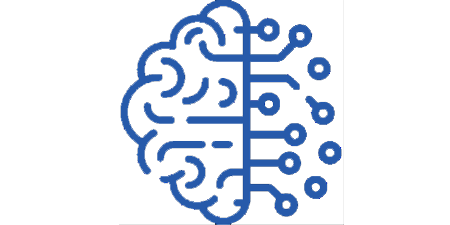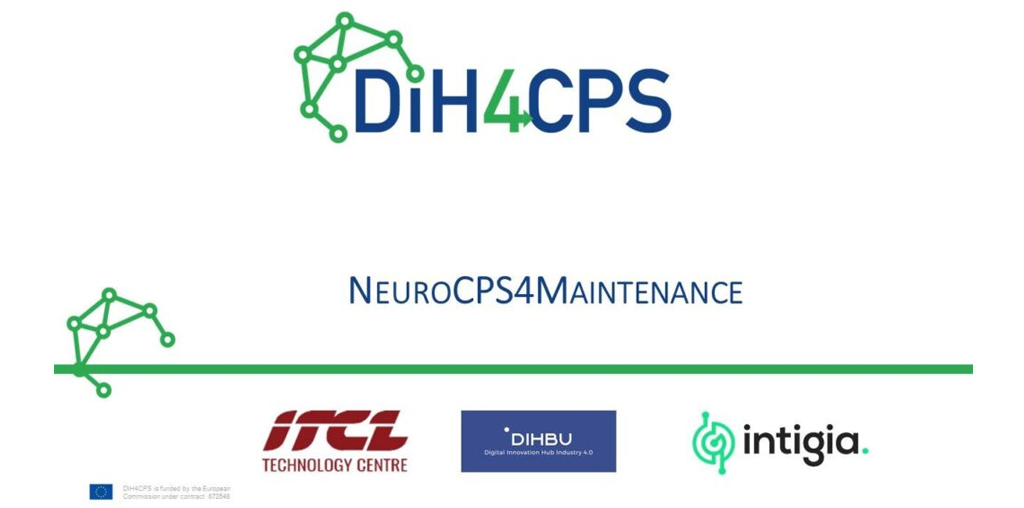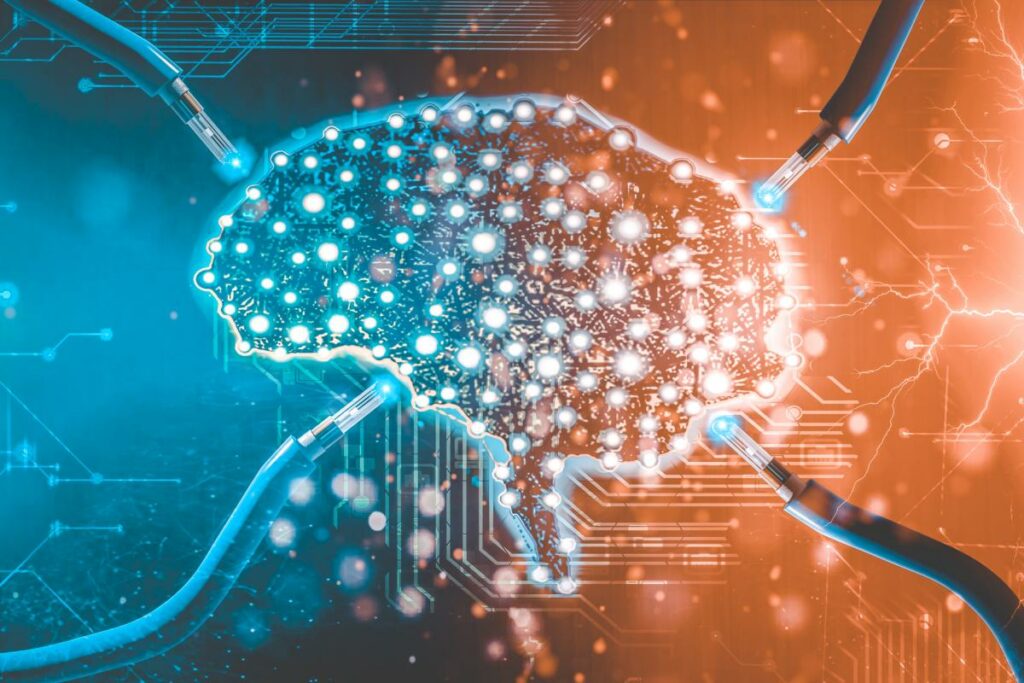Deep learning and Artificial Intelligence
Deep learning and Artificial Intelligence
In this field, ITCL has been developing machine learning technologies, Big Data and Data Science, neural networks or artificial intelligence for more than ten years, and in the last three years of Blockchain, for the massive handling of data of heterogeneous origin. The objective is to enhance the value of large volumes of information from different environments, and facilitate their exploitation as structured information in an innovative business model driven by data or ‘data-powered’.
This line of research allows us to take on the development of knowledge and technologies that contribute to filling the gaps that may exist between the needs of end users and the possible existing enabling technologies.
In a specific and non-exclusive way, we work in technological fields such as virtual and augmented reality, computer vision, automatic speech recognition, recognition of audio signals and mobility applications, industry (modelling systems, simulation and prediction of the behaviour of machines and manufacturing processes, with the development of virtual twins that allow their design and subsequent optimisation).
Technologies in which ITCL works:
Machine learning
Big Data
Data Science
Neural networks
Artificial Intelligence
Data powered
Blockchain
Virtual Reality
Augmented Reality
Computer Vision
Modelling
Simulation
Prediction of machine behaviour
Manufacturing Processes
Virtual cufflinks
Projects
Sudoe Hospital 4.0 – Intelligent energy management in hospital buildings
Hospitals are buildings of continuous use, which have very specific air conditioning requirements in their different spaces and are conditioned to a climatological evolution characteristic of the Sudoe territory. Inefficient management or their inadequacy lead to incensive costs, avoidable emissions and inefficiency of public investment in their construction and maintenance.
Duration: October 2019 - March 2022
HECATE- Integral Distributed Control System (IDCS) optimization of railway remote controls
Design and development of a new Integrated Distributed Control System (IDCS) based on disruptive technology: Big Data tools for data collection, artificial intelligence for event and anomaly prediction, and Blockchain to maximize data security.
Duration: 2022-2023
ESPADIN- Data spaces in industry
Collaborative technological impulse dedicated to bringing the sharing and exploitation of the value of data to industrial practice under the paradigm of the denominated shared data spaces, working on the quality, availability and reliability of the data. Industrial research in these three areas will provide lines of work that promote trust and security, fundamental for the progress of the aforementioned paradigm, in terms of solving cross-cutting and strategic challenges of Spanish industry.
Duration: 2022-2024
HOSMARTAI – Intelligent Hospital Development
The HosmartAI project will create a common open integration platform, with the necessary tools to facilitate and measure the benefits of integrating digital technologies (robotics and AI) into the healthcare system.
Several large-scale pilot projects will make it possible to evaluate the various improvements in several hospital environments:
Medical diagnosis, surgical interventions, disease prevention and treatment, rehabilitation support and long-term care.
Duration: 2021 - 2024
iPROHAB – Supply processes for the improvement of the competitiveness of the habitat sector
Research into the use of RPA systems for reading and downloading information, as well as the use of Blockchain technology, to provide the information obtained with veracity and immutability. Through the use of artificial intelligence, companies in the value chain will be redirected to the optimal profile.
Duration: 8 months (2022-2023)
Licitia – Intelligent tender management platform
Aims to develop a collaborative way of a first non-marketable prototype, but susceptible to testing in real environments, of an intelligent tender management platform, which can increase the competitiveness of companies in Castila and León.
Duration: 6 months (2020)
AgrarIA. Artificial Intelligence Applied to the Value Chain of Agricultural Production 2050
Research into the entire value chain of agricultural production through systems governed by artificial intelligence, with CO2 reduction, energy sustainability, productivity and competitiveness.
Duration: 2021-2024
INMERBOT – Research into immersive and sensory technologies for collaborative industrial robotic inspection environments
INMERBOT is an R&D project with a clear scope: To advance knowledge of teleoperation and management of multi-robotic systems in highly immersive environments for inspection and maintenance applications.
Duration: 2021-2024
Cardhin – Dynamic inductive and hydrogen charging based on renewable energy sources
Development of an electric vehicle recharging system using hydrogen based on renewable sources.
Duration: 2020-2023
Brain EN – Research in Energy Efficient and Environmentally Sustainable Microgrid Oriented Technologies
Brain EN Consortium is committed to 21st century energy aimed at distributed generation, integrated in microgrids with own generation and self-consumption, with inherent characteristics of sustainability, security, flexibility, cleanliness and efficiency, which must be managed and coordinated with the general grid by means of new intelligent algorithms.
Duration: 2020 - 2023
TRIAGE SMART DECISION COVID19
Carrying out prior triage in hospital emergency services, through artificial intelligence techniques, carrying out the first screening and differentiation of COVID or non-COVID users.
Duration: 2021 - 2023
IBERUS – Biomedical Engineering Technology Network applied to degenerative pathologies of the neuromusculoskeletal system in out-of-hospital clinical settings
IBERUS is the name of the Network of Excellence of the 4 Technology Centers (CCTT) that have defined a Strategic Program with the aim of stimulating the Cervera 15 Priority Technology, framed among the technologies for health, both in the research and development activities of the centers themselves and in the business and clinical context
Duration: 2021 - 2023
CEL.IA – cErvera Consortium for the Leadership of R&D in Applied Artificial Intelligence
CEL.IA is a strategic research project in cooperation between several technological centers that aims to join efforts to develop a "Toolkit" or complete offer of solutions based on virtual and augmented reality, artificial vision and natural language processing, to facilitate the effective incorporation of Artificial Intelligence in human-machine interfaces.
Duration: 2021 - 2023
TEEPP – Research in Innovative Technologies for the Optimization of Energy Efficiency in Production Processes
To achieve the optimization of energy efficiency in companies with high consumption in their production processes through industrial research using innovative technologies to study the energy process of the processes, detect and correct anomalies and replan the production process and its products.
Duration: 2021 - 2022
ALMATIC – Definition and development of algorithms for data analysis platform for MAnTenTenTing, Predictive Quality and health problems.
Research of a data analysis platform on which a Smart Data system will be deployed to process general purpose industry information and on which algorithms based on advanced AI techniques will be studied to identify potential problems in the studied sectors of interest.
Duration: September 2021 - September 2022
Ready Twin – Innovative Solutions
Research on different technologies, techniques, tools, methodologies and knowledge aimed at developing innovative technological solutions for the generation and exploitation of Digital Twins.
Duration: July 2019 - June 2023
NeuroCPS4 Maintenance – Neuromorphic Anomaly Detector
NeuroCPS4Maintenance is a project that aims to develop and demonstrate a neuromorphic edge anomaly detector that is robust against conceptual drift, alerts to faults early and provides fast, real-time response for predictive maintenance applications in high-demand industrial scenarios (industrial press). This anomaly detector will be based on deep learning algorithms (LSTM) and implemented on system on chips (SoC).
Duration: March 2021 - 2022
Al4Labour – Restructuring of the Population through AI
Technologies based on data processing are changing not only manufacturing standards, but also people's daily lives. This can ensure concentration on more strategic or more analytical work.
Duration: 48 months
FitDrive – Control Device for Drivers
FitDrive is a project whose purpose is to minimize the risk of accidents through the use of a monitoring device for drivers. The goal of determining fitness to drive is to strike a balance between minimizing driving-related road safety risks to the individual, the community, maintaining the driver's lifestyle and their employment-related mobility independence.
Duration: 2021 - 2024
Smart Contract Data – Intelligent system
Intelligent system for the management of opportunities in the procurement of works and services - National Project File: AEI-010500-2020-247 The SMART CONTRACT DATA project is based on the need of companies in the housing and construction sector to improve their...

